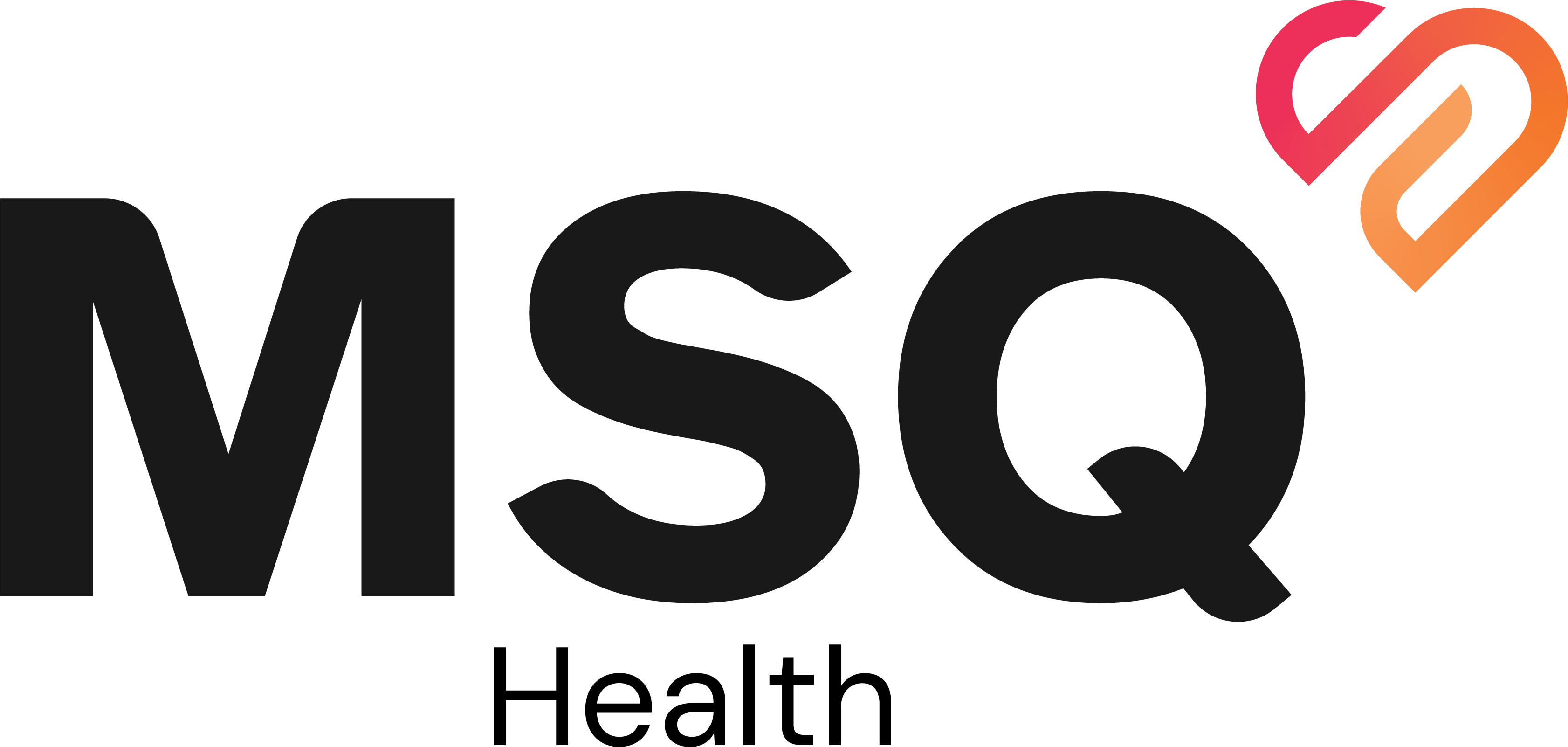ADHD Assessments & Diagnosis in New Zealand
What is an ADHD Assessment?
Attention-deficit/hyperactivity disorder (ADHD) is a neurodevelopmental condition that can impact focus, behaviour, relationships, and performance at school or work. An accurate diagnosis is essential to access effective treatment and support.
→ At MSQ Health, ADHD is diagnosed by consultant psychiatrists through a structured process that meets New Zealand clinical standards.
Who Can Diagnose ADHD in New Zealand?
In New Zealand, only psychiatrists (and in some cases paediatricians for children) can make a formal ADHD diagnosis for the purposes of treatment and prescribing medication.
- Psychologists and therapists can provide assessments and reports, but their findings generally need to be confirmed by a psychiatrist before medication can be prescribed.
- Online tests and self-screening tools may indicate symptoms, but they cannot replace a formal psychiatric diagnosis.
At MSQ Health, all ADHD assessments are completed by psychiatrists with extensive clinical experience.
→ Not sure if seeing a psychiatrist is the right option for you? Contact us to discuss your options with our team.
The ADHD Assessment Process
Getting an ADHD diagnosis at MSQ Health is a two-step process:
Step 1: Psychiatric Consultation (First Specialist Assessment)
Your first appointment is a comprehensive psychiatric evaluation with one of our consultant psychiatrists. This 60-minute consultation covers your medical history, overall mental health, and current symptoms. The psychiatrist will look at a wide range of factors — including past treatments, family and social history, schooling or work experiences, and current challenges.
This assessment ensures that ADHD testing is clinically appropriate and also identifies whether other conditions or life factors may be contributing to your symptoms. Based on this evaluation, your psychiatrist will recommend the most appropriate next steps, which may include an ADHD assessment or another treatment pathway.
Step 2: Comprehensive ADHD Assessment
A 90-minute structured assessment that includes:
- A detailed clinical interview
- Use of standardised diagnostic tools
- Collection of information about development, education, and medical history
If a diagnosis is confirmed, your psychiatrist will provide a tailored treatment plan. Where clinically appropriate, this may include ADHD medication, alongside non-medication strategies.
→ Not sure whether a psychiatric consultation is the right place to start? Contact us and our team can guide you on the best first step.
Why Choose MSQ Health for ADHD Assessments?
- Consultant psychiatrists with decades of experience in ADHD and mental health
- Nationwide access via telehealth appointments
- Southern Cross Easy-Claim Provider — we process claims directly with no paperwork
- Clear, step-by-step process from consultation to treatment
- Private and confidential service with fast access (appointments often available within weeks, not months)
Book an ADHD Assessment
Getting an ADHD diagnosis begins with a psychiatric consultation. In this first specialist assessment, your psychiatrist will review your history, symptoms, and overall mental health to confirm whether an ADHD assessment is the right next step.
If appropriate, we can then arrange a comprehensive ADHD evaluation as part of your care plan.
MSQ Health provides ADHD assessments for adults and children across New Zealand, with appointments available nationwide via telehealth.
→ Some health insurance policies may contribute to the cost. MSQ Health is a recognised Southern Cross Easy-Claim Provider.
Frequently Asked Questions
What happens in the first psychiatric consultation?
Your first appointment is a comprehensive psychiatric evaluation, not just an ADHD test. The psychiatrist will review your medical history, current concerns, and overall mental health to decide whether ADHD assessment is the most appropriate next step.
Do I need a GP referral for an ADHD assessment?
Yes, a referral is required to ensure safe and coordinated care.
Can I use Southern Cross insurance for an ADHD assessment?
MSQ Health is a Southern Cross Easy-Claim provider. If your policy covers psychiatry, we can process your claim on the spot.
Information for Psychiatry Patients
Wondering how psychiatry appointments work at MSQ Health? Learn more about referrals, first specialist assessments (FSAs), follow-up appointments, video consultations, and more.
